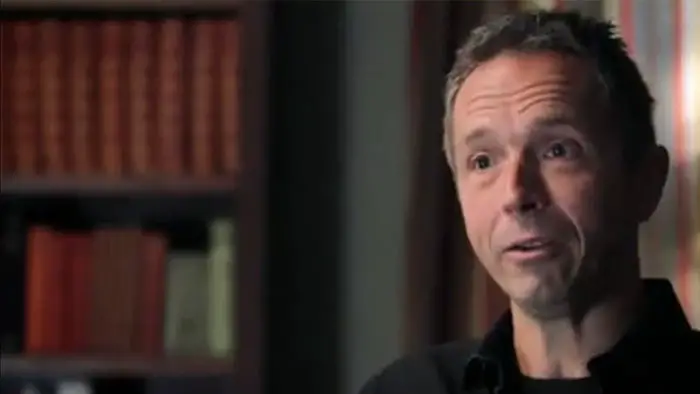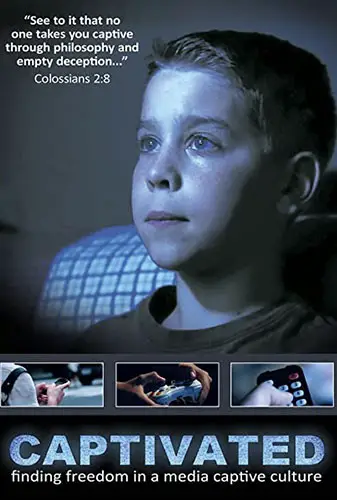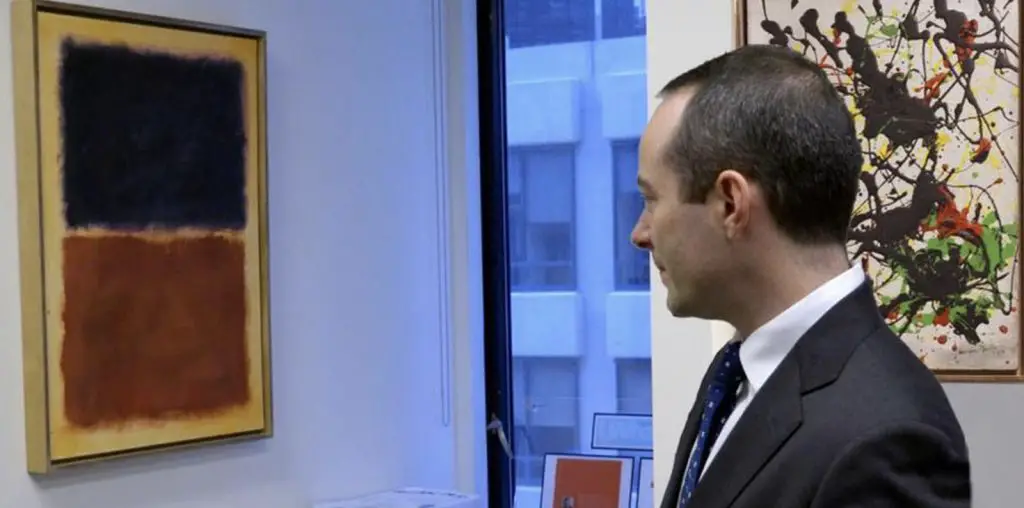
“Are we entering a techno-utopia or a virtual prison?” is the question at the heart of Captivated: Finding Freedom in a Media Captivated Culture. Seeking little time to explore the question and more time attempting to answer it, writer and co-director Phillip Telfer sets his sights on gamers, film fans, binge-watchers, and music fans alike in this documentary about our changing generations. Told through the lens of religious officials and Christian entertainment executives, the film asks if media is truly harmless, or if it “could destroy culture like Stalin?”
The film’s main thesis is not so much to answer essential questions about the impacts of media on impressionable youth but to warn people of the dangers of film and television. The irony that they chose a movie to deliver this message is not lost on me. Throughout the film, Telfer takes moments to inform viewers of many studies and outside research done about media and youth.
However, these moments are often undercut by the film’s rare statements of where the research came from. Usually, the journalist or pastor says “studies show” or “research says,” rather than citing their sources. As the documentary continues, more authors and journalists discuss their qualms with technology, the pros of censorship in media, and the dangers of screens in general. Again, the irony that they are using a screen to convey this message is not lost.

“…asks if media is truly harmless, or if it ‘could destroy culture like Stalin?'”
While I am sure Captivated comes from a good place, it does not come across to the viewer as philanthropic. At best, the film feels like a largely out-of-touch group of people hashing out their bitterness towards technology, and at worst, like propaganda. The majority of the film is a collection of cherry-picked stats, and it uses millennials as the perfect strawmen for everything they perceive as wicked in our society. At one point, the film goes so far as to claim ADHD and bipolar children can be “cured” by eating right and limiting screens to 30 minutes a week. In another interview, an “expert” even dares to compare MTV to Hitler. Most of all, the film never considers the notion that there could be a middle ground between addiction to media and a life without technology. Instead, the film boastfully proclaims getting rid of all media is the only way to have a walk with God truly.
In my personal life, I love reading books that hold up a critical eye to the effects of media on a person, especially younger generations. Instead of holding up the same, Captivated proceeds to stretch the makings of a disgruntled Facebook rant into a nearly two-hour film. I must stress, the reason I did not enjoy this film was not simply because I disagree with its thesis, but rather I did not enjoy the film, and I disagree with its thesis.
It does not inform, persuade, or offer insight into anything outside of resistance to technology. Understanding and persuasion should be key ingredients in a film with a title so bold. All of the grievances stated above do not even touch the spiritual aspects or their unfounded and problematic notion that God does not approve of media. I grew up in a Southern Baptist house; my dad is a preacher. This film reminded me of the fire and brimstone evangelists that would occasionally show up in the area, taking the Bible wildly out of context and condemning those who did not buy into their interpretations. Captivated: Finding Freedom in a Media Captivated Culture – like those evangelists – is all sizzle and no steak, taking only brief moments to pause from their own hubris to damn those who disagree.

"…the irony that they are using a screen to convey this message is not lost."


